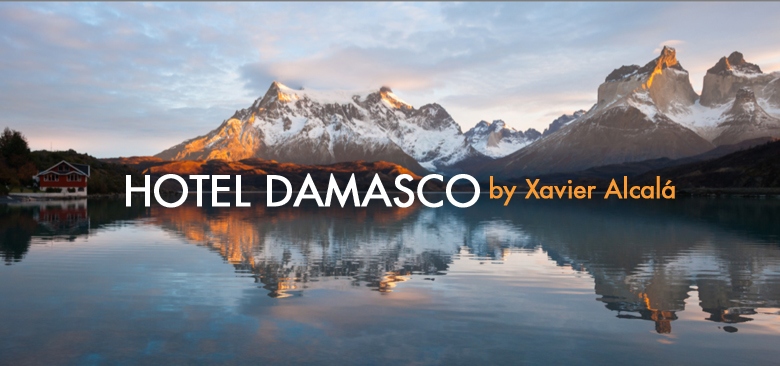Don Emeterio Suárez de Valcarría y Candia was a great huntsman, and an even better womaniser. It was well known throughout the region that, as soon as the season opened, he’d be up in the mountains, day after day, goaded on by the smell of gunpowder with not a thought in his head but feathers and hides and trophies.
And so it was that Manuel Varela García, from Soacinsa, in the parish of San Fiz de Lamas, found himself aboard a transatlantic steamer with everything that a man could possibly need to emigrate with. Passage, a good low trunk — just the right size to fit under his bunk —, a new suit, shiny boots; and a money belt to keep his gold coins close to his body. Some of what he took (the most important being the passage) was a gift from the village chemist; the rest was the fruit of his thrifty mother’s tireless scraping and saving, always keeping an eye out for the offerings the parishioners of San Fiz left for their saint.
Though he was from the mountains, his stepfather’s profession and his mother’s devotion meant that Manuel had seen the sea before. To Manuel Varela it was something enormous, like a treacherous blanket, full of life, that came to stubbornly rip and tear itself on the rocks below the cliff-top chapel he had visited on so many pilgrimages.
The ocean scared him; he’d been afraid of it from a young age and, when they told him that he’d have to spend at least a month at sea, he felt a churning in his guts. For a moment, he was even tempted to go and speak to his natural father again; that kind gentleman would surely be able to sort something out for him in the Moroccan war. In that business called war — Manuel speculated — there must also be jobs as cooks and the like, out of range of bombs and bullets.
But his mother, who had always been supportive, convinced Manuel that it was best for him to make his own way in the world, learn a trade, save up and then return to the old country because life was good in this land of pasture and forest, as long as you had money…
Manuel set sail from the port of Corunna where he saw an awful lot of people crying on the docks and on board ship too, which got him thinking that perhaps the Americas weren’t as good those men who came back with gold watch-chains hanging from their waistcoats made them out to be.
First of all, he slid his trunk underneath his bed and then he sat down in silence, waiting for his cabin mates to strike up a conversation. There were five of them but only one spoke to him at first; a cheerful lad who told him that he was off to some queer place where it snowed in the month of July, where there were no trees and where the few people there made their living digging holes to get petroleum out of the ground.
Manuel Varela understood some of this because, from what his stepfather had taught him — a man who could read and had a book called “Encyclopaedia” — he knew that those parts of the World were upside-down, and that petroleum was what burnt so well in oil lamps and was used to make gasoline for cars.
His talkative companion was called Eladio and was on his way to join his family, who had sent for him.
Day after day of ceaseless seasickness followed. Everybody in the cabin was weak from giddiness and vomit — all except for Eladio, that is, who was a fisherman by trade.
During this time, Manuel talked to his seasick cabin mates. In subdued tones emanating from their ailing bodies, they told him about their destination, a very big place, with many people, “much bigger than Corunna,” which had seemed to him a madness of people and vehicles. But Eladio, in his stubborn way, was determined not to get held up in that city.
When the Canary Islands had disappeared over the horizon, when they had finally left the last glimpse of Spain behind, Eladio asked Manuel if he was heading for anywhere in particular.
The sea was calm that night and Manuel, his eyes fixed on the stars overhead, replied that he was not. So Eladio suggested that they continue their journey together. Both were young and there was good money to be made in those lands of petroleum and July snow.
Manuel merely shrugged his shoulders, but when they reached a country that was full of strong smells and full of blacks, Eladio insisted that Manuel accompany him to the Telegraph Office. There, after a lot of explaining, in a language that seemed a lot like Galician, a man wrote down what the fisherman instructed him to.
It was a message for Eladio’s family: it informed them that he would be arriving with a friend called Manuel Varela García and that they must find work for him.

